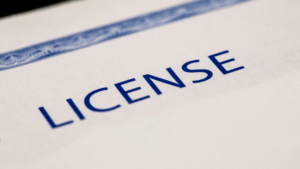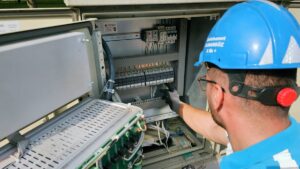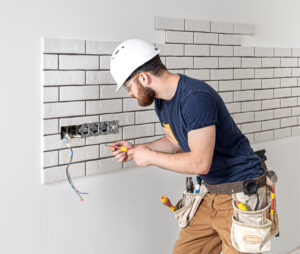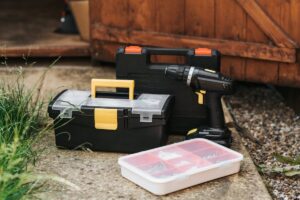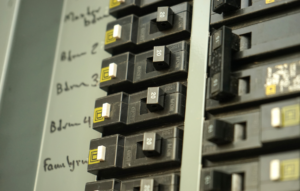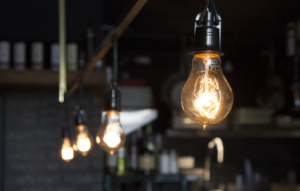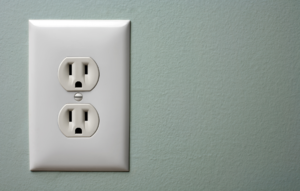Tackling home improvement projects can be a rewarding way to enhance your living space and learn new skills. When it comes to electrical repairs, though, it’s crucial to understand what is safe to do yourself and what requires a professional electrician. Here are some essential do’s and don’ts for DIY electrical repairs to keep you and your home safe.
Do:
- Do Educate Yourself: Before starting any electrical repair, make sure you understand the basics of your home’s electrical system. Read up on electrical safety, or consider taking a basic home electrical course online.
- Do Turn Off the Power: Always turn off the power at the main breaker in your electrical panel before starting any repair. Use a voltage tester to ensure the wires are not live before you touch them.
- Do Use the Right Tools and Materials: Invest in insulated electrical tools and wear rubber-soled shoes. Ensure all materials (wire, switches, outlets) meet the safety standards and are appropriate for their intended use.
- Do Check for Permits: Some electrical work may require a permit from your local building department. Always check before you start, as this ensures your work is up to code and covered by your homeowner’s insurance.
- Do Respect the Complexity of Electrical Work: Recognize when a project is beyond your skill level. There’s no shame in calling in a professional to ensure the job is done safely and correctly.
Don’t:
- Don’t Ignore Local Codes and Regulations: Electrical codes are in place for safety. Ignoring them can put you at risk and lead to problems when you sell your home. Always adhere to local regulations.
- Don’t Work on Live Circuits: Never work on an electrical circuit that is energized. Always double-check that the power is off before starting your work.
- Don’t Overload Circuits: Understand the capacity of your circuits and don’t add too many devices, which can lead to overheating and possibly fires.
- Don’t Make Uninformed Modifications: Adding outlets, switches, or lights without understanding how they affect your home’s electrical system can lead to issues. If you’re unsure, consult with a professional.
- Don’t Neglect to Test After Repairs: After completing any repair, always test your work with a voltage tester or power up the circuit to ensure everything is working correctly. This includes checking that all connections are secure and there are no short circuits.
Conclusion
While DIY projects can be satisfying, electrical work requires caution and respect due to the potential risks involved. By following these do’s and don’ts, you can ensure your DIY electrical repairs are safe and up to standard. Remember, when in doubt, it’s best to consult with or hire a professional electrician. Safety should always be your top priority.


